Staying Fit

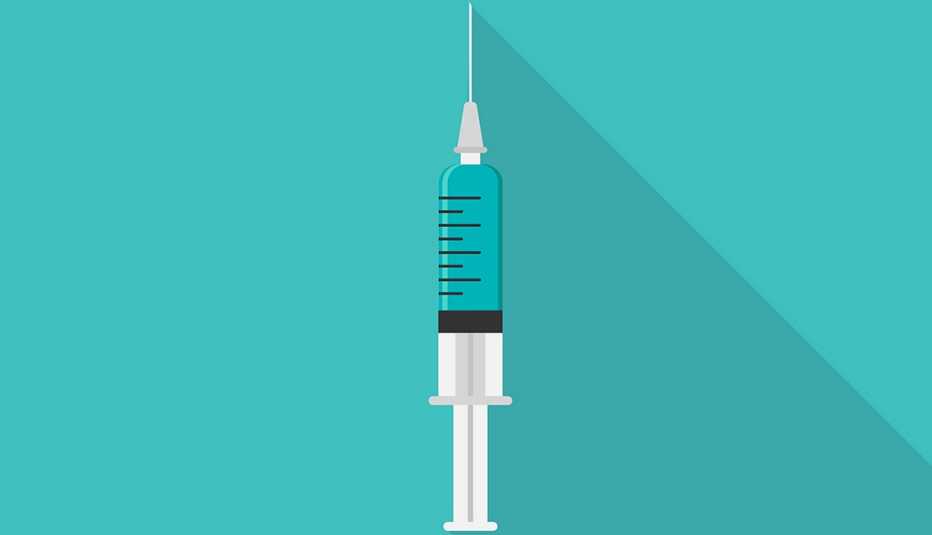
If there’s one image that comes up when you think of tetanus, it might be a rusty nail. Indeed, maybe your mom yelled, Put on shoes, you don’t want to step on a rusty nail! And you did the same (or some version of that) with your kids.
Why? Well, it would hurt, for one. But you’d also need a tetanus shot.
And there’s truth to all those warnings: Tetanus is an infection caused by Clostridium tetani bacteria, which produce a toxin that when in your bloodstream acts on your nerves, causing involuntary muscle contractions, according to the Centers for Disease Control and Prevention.


AARP Membership— $12 for your first year when you sign up for Automatic Renewal
Get instant access to members-only products and hundreds of discounts, a free second membership, and a subscription to AARP the Magazine.
The result is tightening, spasming and stiffness, especially in the jaw. Hence tetanus’ nickname, “lockjaw.” It can also make it difficult to swallow. Complications include trouble breathing, blood clots in the lung and aspiration pneumonia — serious stuff.
Despite the fact that tetanus cases have plummeted more than 99 percent since 1947, according to the CDC, tetanus still occurs, and it still kills. From 2009 to 2017, there were 264 cases and 19 deaths. Nearly one-quarter of cases were in people age 65 and older, while all deaths were in people over age 55.
If you have diabetes — as nearly one-third of Americans over age 65 do — your risk of infection is also higher, according to the National Academies of Sciences, Engineering, and Medicine. That’s why even with the low numbers of cases, vaccination remains important, especially with age.
“When older adults get any type of infection, they tend to have more serious outcomes because the immune system is naturally not as robust compared to when they were younger,” says June McKoy, M.D., a professor of medicine in geriatrics and preventive medicine at Northwestern Medicine in Chicago. As for tetanus specifically, doctors aren’t talking about the tetanus vaccine as much as they should, McKoy says.
So, it’s up to you to speak up. If you’re not sure whether you’re current on your tetanus shot, here’s what you need to know about the infection, when you might need the vaccine and how to get it.
How do you get tetanus?
Unlike many other diseases, tetanus is not spread from person to person. You pick up the bacteria from the environment — spores can live in dirt, feces, dust, spit, etc. — through a break in the skin. Even seemingly benign cuts, like from stepping on a sharp, dirty pebble or walking in grass that has dog poop (and we all know that’s easy to find), can transmit tetanus, McKoy says.





























































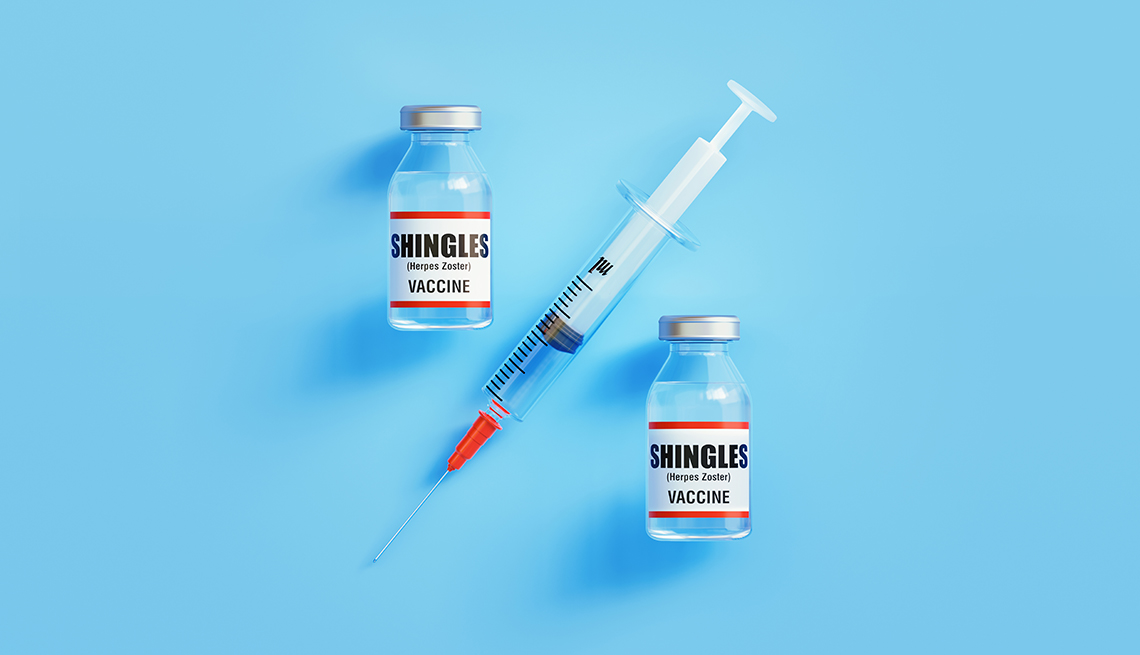

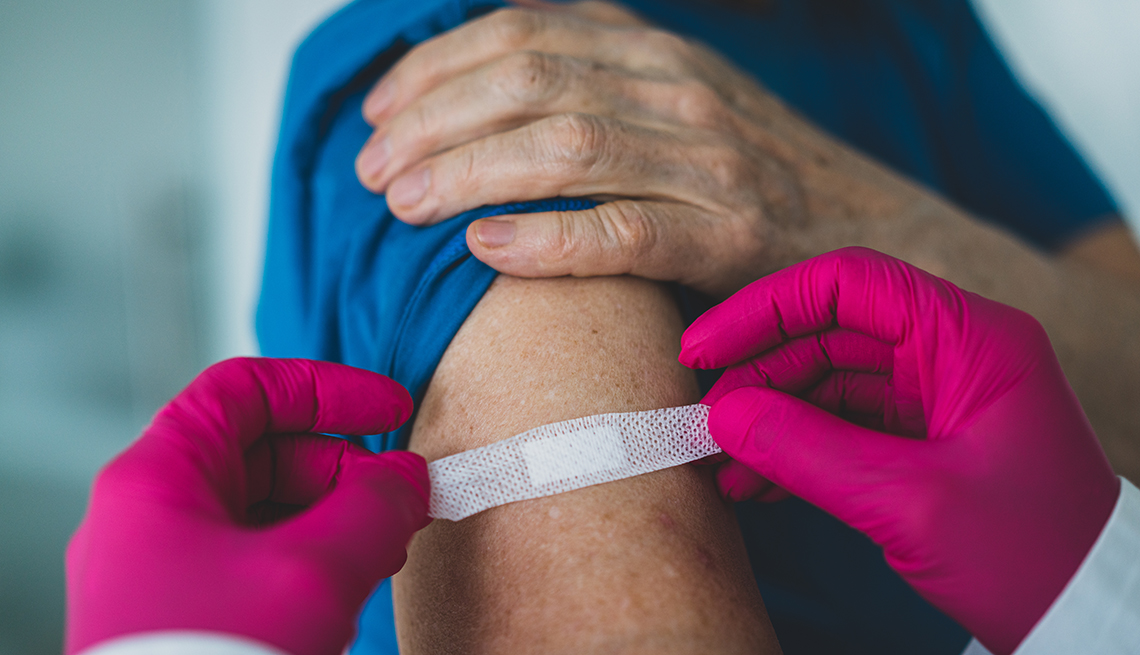




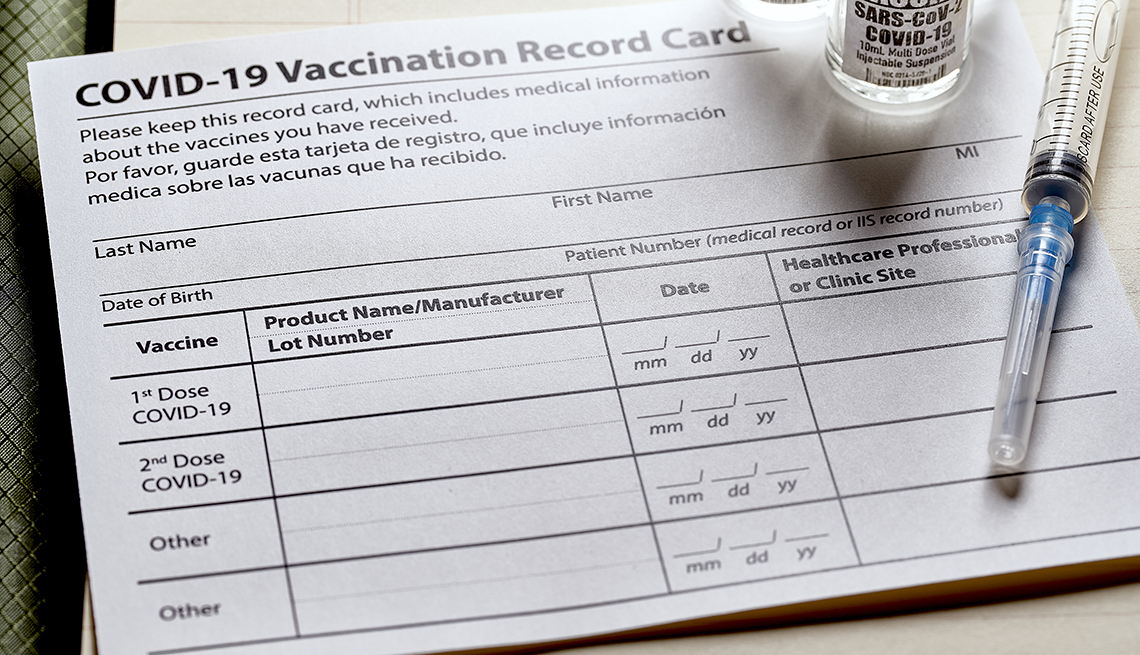

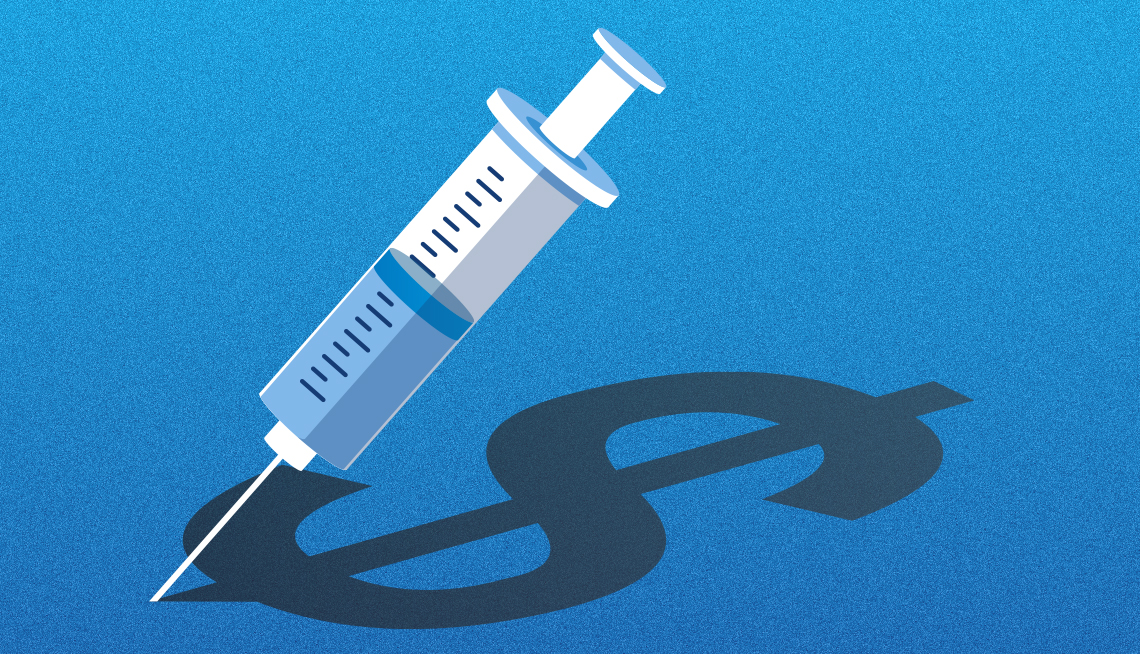

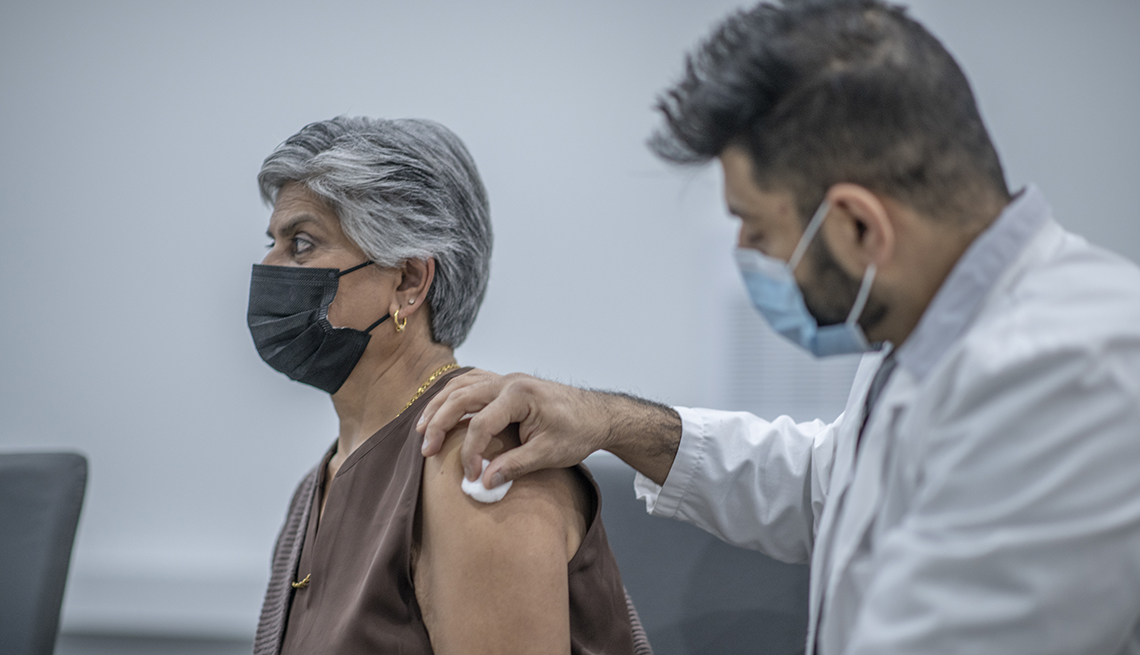









More on Health
When to Use Ice vs. Heat for Pain
Both can be helpful for injuries
7 Warning Signs of Sepsis
This life-threatening disease can be difficult to diagnose, but early treatment is crucial
The Shots You Need After 50
Are you up to date on all the recommended vaccines?